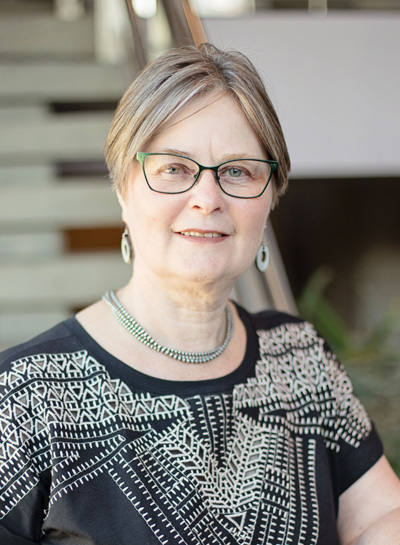
Brain tumours pose a serious threat to health and quality of life. But until now, very little information about non-cancerous varieties was available to Canadian doctors and their affected patients.
 Faith Davis, professor emerita in the School of Public Health, has been instrumental in changing that, launching the Brain Tumour Registry of Canada.
Faith Davis, professor emerita in the School of Public Health, has been instrumental in changing that, launching the Brain Tumour Registry of Canada.
"Any tumour in the brain, by its mere physical presence, affects quality of life and displaces vital function," explained Davis. "About two-thirds of brain tumours are non-cancerous. By not tracking them, there was a gap in the knowledge of how to improve the quality of life and survival of patients with these types of tumours."
Parliament passed a bill in 2007 that mandated the collection of data on all primary brain tumours, or tumours that begin in the brain. With resources and infrastructure varying from province-to-province and the territories, it took several years for comprehensive surveillance information to come together.
"Manitoba and Ontario had the systems and resources in place to collect non-cancerous data through their cancer registries. With additional funding provided by Brain Canada and the Brain Tumour Foundation of Canada, we collaborated to establish protocols for both Alberta's and British Columbia's registries," said Davis.
Recently, the Brain Tumour Registry released its first of what is expected to be a biannual report, providing information on all primary brain tumours between 2010 and 2015. The report found an average of 23.5 new diagnoses of brain tumours per 100,000 population. It also showed that glioblastomas are the most common brain tumour in men. Meningiomas are the most common in women, and about 95 per cent are non-malignant-just one example of why this information is important.
According to Davis, the four provinces alone provide data that represent 70 per cent of the country's population. Future surveillance efforts will be expanded to all provinces and territories.
The BTRC will support the analysis of the data on all primary brain tumours in a way that is useful to researchers, clinicians and patients. "The registry will provide information researchers can use to create hypotheses and successfully secure funding. The data will impact policy and funding for treatment and access to care for these rare tumours," Davis said.
"A brain tumour affects a person's sense of self; it affects their very core. Just because the tumours are rare doesn't mean we shouldn't pay attention to them."